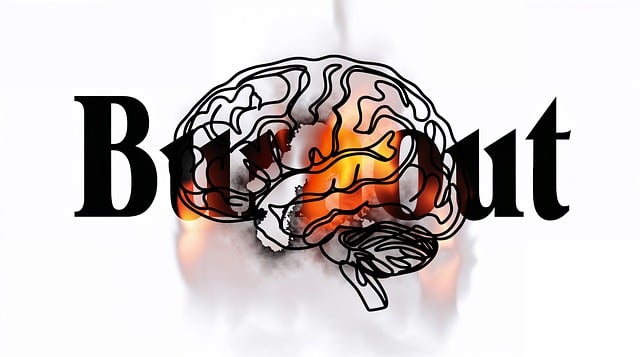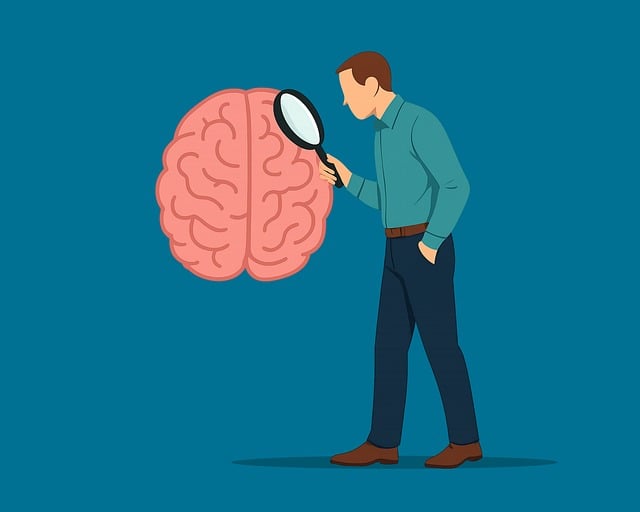Mindfulness meditation is a powerful tool for adolescent teens dealing with divorce-related stress, offering them skills to manage emotions and adapt to change. Integrated into school or community workshops, it empowers young individuals to cope with stress and anxiety early on, preventing more severe mental health issues in adulthood. Therapy provides tailored emotional healing processes, guiding teens to rebuild security and promote well-being after divorce. Starting a mindfulness practice early can transform lives, offering accessible coping mechanisms for everyday stress and crisis intervention skills, ultimately enhancing emotional intelligence and inner peace.
In today’s fast-paced world, mindfulness meditation offers a calming oasis for adolescent teens navigating life’s challenges. For teens coping with the stress of divorce, mindfulness can be a powerful tool in fostering resilience and emotional well-being. This article guides parents and educators through understanding mindfulness meditation, its benefits for teen anxiety and stress, and provides practical steps to help adolescents establish a consistent practice. By exploring these strategies, we aim to empower teens with effective therapy techniques to enhance their mental health.
- Understanding Mindfulness Meditation for Teens
- The Impact of Divorce on Adolescent Mental Health
- Benefits of Mindfulness for Teen Anxiety and Stress
- Getting Started with a Meditation Practice
- Maintaining Consistency: Tips for Daily Practice
Understanding Mindfulness Meditation for Teens

Mindfulness meditation is a powerful tool for adolescent teens navigating life’s challenges, including the potential impact of divorce on their mental health. Often, therapy for adolescent teens post-divorce involves crisis intervention guidance to help them process complex emotions and adapt to significant lifestyle changes. Mindfulness offers a more proactive approach, teaching teens how to be present with their feelings without judgment, thereby fostering resilience.
Through regular practice, mindfulness meditation can assist in stress management workshops organization within schools or communities, empowering young individuals to cope effectively with stress and anxiety. This is especially crucial given the risk assessment for mental health professionals, which highlights the importance of early intervention strategies like mindfulness to prevent more severe mental health issues later in life.
The Impact of Divorce on Adolescent Mental Health

The impact of divorce on adolescent mental health cannot be understated. When a family breaks apart, teens often experience a myriad of emotions, from confusion and anger to sadness and fear. This can significantly disrupt their emotional healing processes and lead to long-lasting effects on their overall well-being. Many adolescent teens struggling with divorce may find solace in therapy, which offers a safe space for them to process these complex feelings and develop coping mechanisms.
Therapy provides an opportunity for young individuals to learn self-care routine development for better mental health. Through tailored emotional healing processes, they can acquire valuable tools to navigate life’s challenges more effectively. Additionally, promoting emotional well-being becomes easier with the guidance of therapists who introduce effective techniques to help adolescents rebuild their sense of security and foster a positive outlook on life after divorce.
Benefits of Mindfulness for Teen Anxiety and Stress

Mindfulness meditation has emerged as a powerful tool to combat anxiety and stress among teenagers, offering a non-invasive approach to mental health support. For adolescent teens navigating the complexities of growing up, especially those affected by life events like divorce, mindfulness can be transformative. This practice encourages individuals to focus on the present moment, observing their thoughts and emotions without judgment. By cultivating awareness, teens learn to recognize and manage stress triggers, fostering emotional intelligence and resilience.
Regular meditation sessions have been linked to reduced anxiety levels and improved overall well-being. It provides a sense of calm and clarity, helping teens cope with overwhelming emotions often associated with divorce and family changes. Moreover, mindfulness practices can be integrated into daily routines, offering a sustainable strategy for anxiety relief within the community outreach program implementation. This accessible form of therapy empowers teenagers to take control of their mental health and develop lifelong coping mechanisms.
Getting Started with a Meditation Practice

Starting a mindfulness meditation practice can be transformative, especially for adolescents navigating the challenges of divorce. It’s never too early to introduce this powerful tool as a means of coping with stress and emotional turmoil. Many teenagers struggle with the sudden changes and intense emotions that come with familial separation, making it crucial to explore healthy coping mechanisms like meditation.
This practice offers a chance to develop emotional intelligence and learn valuable crisis intervention skills. By dedicating just a few minutes each day, teens can begin to understand their feelings, gain perspective, and cultivate a sense of inner peace. Mindfulness meditation is accessible and adaptable, allowing individuals to find calm amidst life’s storms, whether they’re dealing with the complexities of divorce or managing everyday stress.
Maintaining Consistency: Tips for Daily Practice

Maintaining a consistent mindfulness meditation practice is a powerful tool for anyone, especially adolescents and teens navigating life’s challenges, such as divorce or trauma. Establishing a daily routine can significantly benefit mental health and overall well-being. Start by dedicating just 10–15 minutes each day to your practice; even a short period can make a difference. Choose a time that works best for you, whether it’s in the morning to set a calm tone for the day or before bed to unwind. Consistency is key; try to meditate at the same time daily to train your mind and create a habit.
Consider incorporating mindfulness into your existing routine. For instance, practice deep breathing exercises while commuting or engaging in household chores. Simple reminders like these can keep you grounded throughout the day and make meditation a natural part of your life. Remember, small, consistent steps towards cultivating mindfulness can lead to significant improvements in managing stress, enhancing social skills training, and providing much-needed trauma support services, especially for adolescents facing challenging life transitions.
Mindfulness meditation offers teens a powerful tool to navigate life’s challenges, particularly those stemming from divorce. By integrating regular practice into their daily routines, adolescents can experience improved mental health, reduced anxiety, and better stress management. The benefits extend beyond individual well-being, fostering resilience and emotional intelligence essential for healthy relationships and overall well-being. With consistent effort, mindfulness can become a transformative therapy for adolescent teens dealing with divorce, enhancing their ability to thrive in a complex world.










